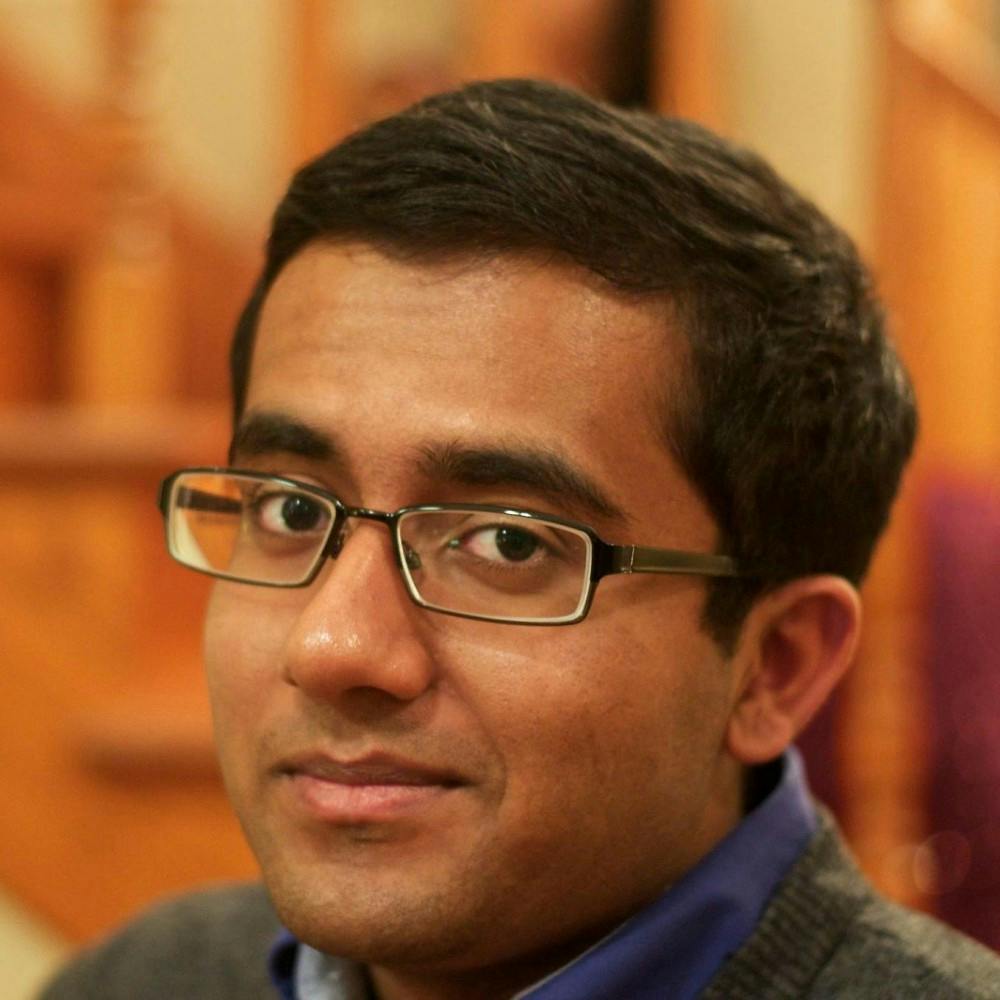Stuck on the Red Line again? Can’t drive a few miles on the Beltway without getting stuck in traffic? You, the AU student, are not the only person on campus to face the woes of rush hour to get to work, an interview, or an internship. Professors also face these issues.
In my years at AU, I can easily remember the number of instances I have had where professors have come late to class because they had to deal with traffic. I remember one of my professors telling us how she lived only five miles from school, but yet had to drive through an hour of traffic to get here. Due to these circumstances, she would come twenty minutes or more late to our morning classes.
Because of this, we would at times have limited class time to have lecture or cover any material that was planned for that day. As a result, the professor would be forced to push uncovered material for the day to the next lecture which would bite into other planned material. In essence, time lost in traffic was lost time in the classroom.
One professor I had once told me how although he lived in Fairfax County, 30 minutes from AU, every day he would have to deal with rush hour traffic on the Beltway of up to 2 hours going to or from AU. He pointed out that being so far from AU made it harder for him to be able to be home to spend time with his children, but also spend time with his students in outside classroom activities.
If a professor is not fully available for students outside class time or office hours, it prevents the professor from participating in outside classroom lectures, panels, excursions and other activities that can help students grow and learn outside the classroom.
One thing that stands in most professor’s way from moving closer to the school to avoid the rush hour blues and balancing family and work obligations is the rising cost of housing in the DC area. In terms of the rental market alone, DC has the fifth highest rental market in the nation. As a result, professors who cannot afford the high cost of living in DC may chose to move to Maryland and Virginia suburbs where the cost of housing is less than that of DC. However, moving to affordable parts of the DC metropolitan area also creates a longer commute for professors and shorter times to teach and be fully accessible for students.
However, there is a solution to this dilemma. The university could provide affordable housing assistance through loan programs or by constructing apartments for professors to utilize. At Columbia University, the Provost’s Faculty Housing Assistance Program offers loan forgiveness for eligible faculty who are purchasing homes in a commuting distance from the school.
At the secondary school level, school districts such as the San Francisco Unified School District have announced plans to construct a housing complex for school teachers and invest more in helping teachers purchase homes. At AU a faculty housing assistance program could be one that offers temporary or permanent subsidized housing for faculty in an apartment complex built by the university and one that provides loan assistance to help faculty find permanent and affordable housing options closer to the school.
If the AU administration starts a housing assistance program at AU, not only do faculty stand to benefit from being able to live near AU, so do the students. Students who have top notch professors who are more accessible gain more opportunities to learn outside the classroom through various activities and mentorship through being able to better know their professors.
Professors at AU already have the eagerness to know their students and engage with them, taking that learning outside the classroom. The inability to live near AU stands in their way from achieving their goal to give students the best possible educational experience. An investment by the administration into affordable housing programs for professors is not just an investment into the professors, but also into the education of AU students and their future.
Sameer Chintamani is a senior in the School of International Service.
schintamani@theeagleonline.com





